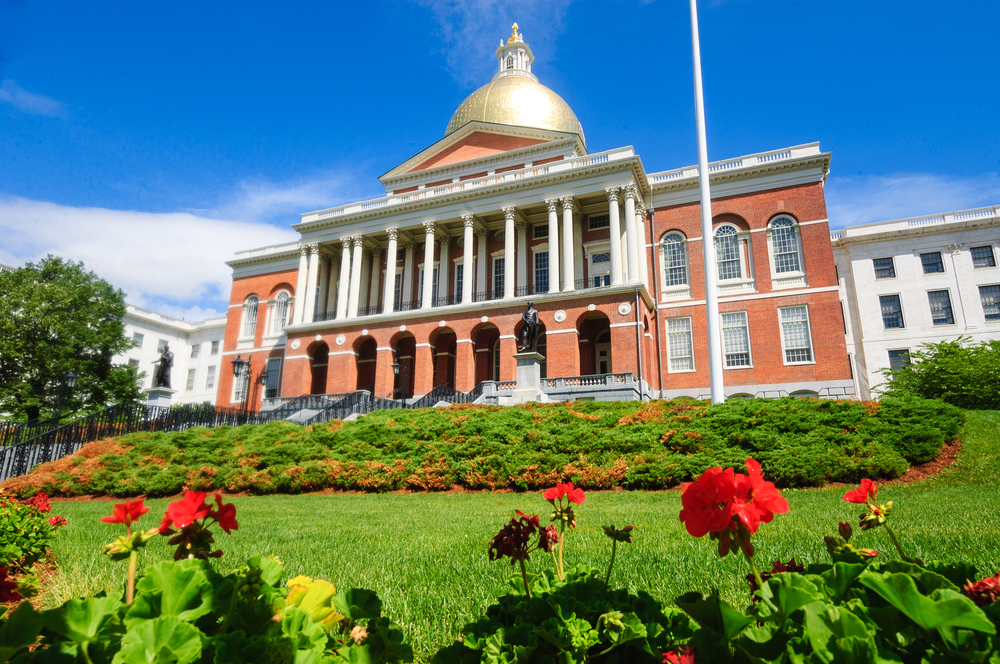It looks like Massachusetts will have to wait a bit longer for legal sports betting.
Massachusetts’ Senate has voted to remove language that would regulate sports wagering from an economic development package.
This comes after the legislative package was amended by the House earlier this week and sent to the Senate for further consideration.
The Massachusetts Senate scraps sports betting
The Senate voted to replace the amended package H 4887 with amendment S 2842, which removed the section that covered sports betting, as well as other measures.
Several amendments were proposed by members of the Senate in an attempt to keep sports betting in the bill, but these were ultimately rejected by the Senate. In the end, amendment S 2842 passed with a unanimous vote without any provisions for sports betting.
The bill will now be sent back to the House for concurrence, but if any more changes are made to it, it will then be sent back to the Senate before progressing to the Governor. However, the state’s legislative session is set to end today (31 July) which means that the House and Senate must reach an agreement today, for the bill to pass this year.
Sports betting in the bill
Prior to the amendments from the Senate, H 4887 would have established three different licenses for sports betting, a Category 1 license for online, mobile and land-based betting; a Category 2 license for land-based betting at racetracks in the state; and a Category 3 license for operators hoping to offer betting through an approved mobile app or online site.
Licenses would have cost $250,000 and lasted for a period of five years, after which the license holder would be required to pay a $100,000 renewal fee covering another five years.
The bill also included a measure that would require license-holders to pay a fee based on the number of bets taken on sport events that take place at venues located inside the state. Initially, this would have been set at a rate of 1% of adjusted gross sports betting receipts, and then reduced to 0.25% at a later date.
The legislation would have also created the Massachusetts Gaming Commission, which would have been responsible for awarding license to operators.
In terms of taxation, the bill would have taxed operators at a rate of 30% of adjusted gross sports wagering receipts.






